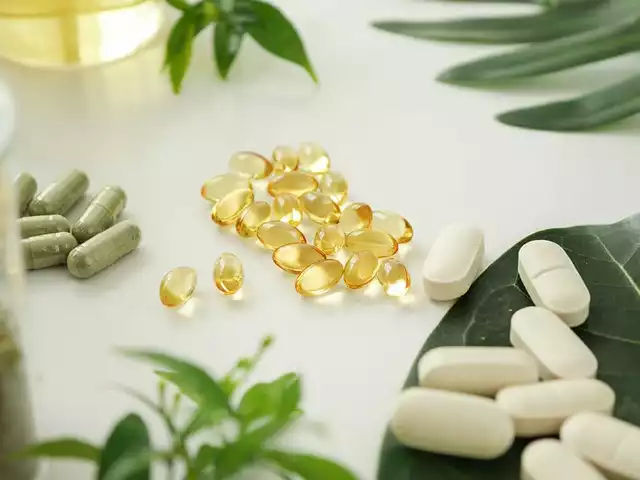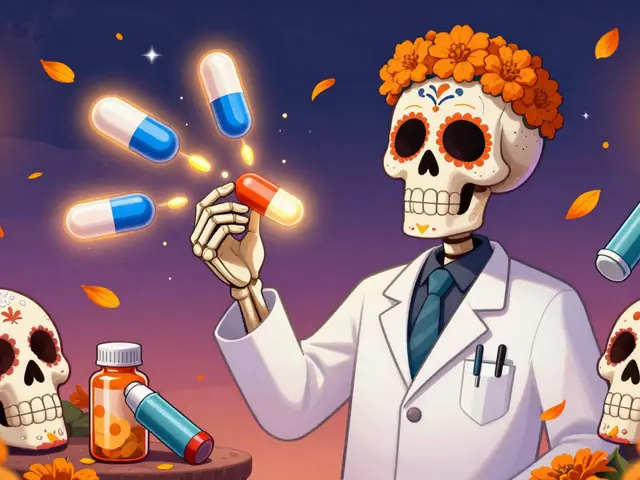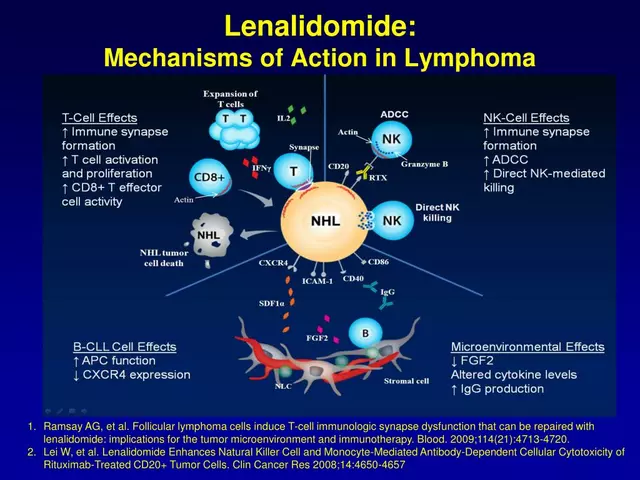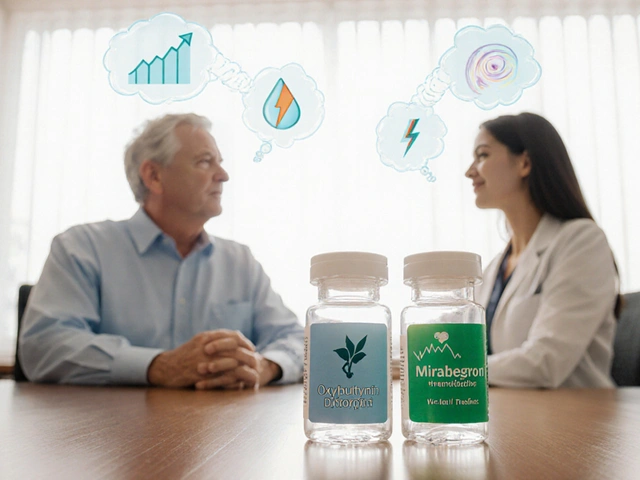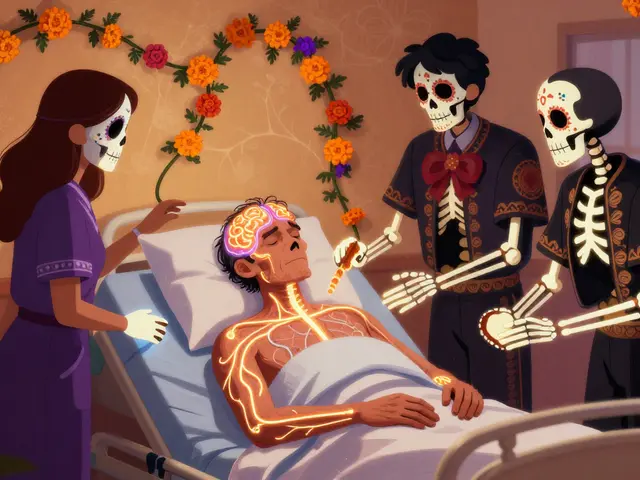Antioxidants: What They Do and How to Use Them Safely
Antioxidants are compounds that help protect your cells from damage. You get them from foods and some supplements. Eating antioxidant-rich foods is an easy way to support overall health without taking high-dose pills. Below are clear, practical tips you can use today.
Top antioxidant foods and simple swaps
Focus on colorful whole foods. Try these everyday swaps and additions:
- Berries (blueberries, strawberries): add a handful to yogurt or oatmeal each morning.
- Leafy greens (spinach, kale): toss into smoothies or salads; one cup cooked or two cups raw counts as a serving.
- Nuts and seeds (walnuts, almonds, sunflower seeds): a small handful is a great snack and gives vitamin E.
- Beans and lentils: swap one meat meal per week for a bean-based dish to boost polyphenols and fiber.
- Green tea: replace one cup of soda or sugary drink with green tea — it adds catechins, a strong antioxidant.
- Tomatoes, carrots, and sweet potatoes: rich in carotenoids — roast or add to stews for easy meals.
- Dark chocolate (70%+): small amounts (about 20g) once or twice a week can be a treat with antioxidants.
Practical tips: eat a rainbow each day (aim for 4–6 servings of vegetables and 2–3 servings of fruit). Pair fat-soluble antioxidants (carotenoids, vitamin E) with a little healthy fat — olive oil on a salad helps absorption.
Supplements, safety, and when to check with a doctor
Supplements can help if your diet falls short, but they’re not always safer than food. Basic reference intakes: vitamin C around 75–90 mg/day, vitamin E about 15 mg/day, and selenium around 55 mcg/day for most adults. High doses of some antioxidants can cause harm — for example, beta-carotene supplements raised lung cancer risk in long-term smokers in large studies.
Talk to your doctor before starting antioxidant supplements if you are pregnant, on blood thinners (high-dose vitamin E can increase bleeding), have cancer and are getting chemotherapy, or take other prescription drugs. Your clinician can advise whether a supplement is right and what dose is safe.
My quick rule: get most antioxidants from food, use supplements only for specific shortfalls or doctor-recommended reasons. If you want a simple plan, add a fruit to breakfast, a salad or cooked veg at lunch, beans or nuts as snacks, and green tea instead of sugary drinks.
Want more practical guides? Check related articles on Pharmstore.com for diet tips, supplement safety, and condition-specific advice to help match antioxidants to your health needs.
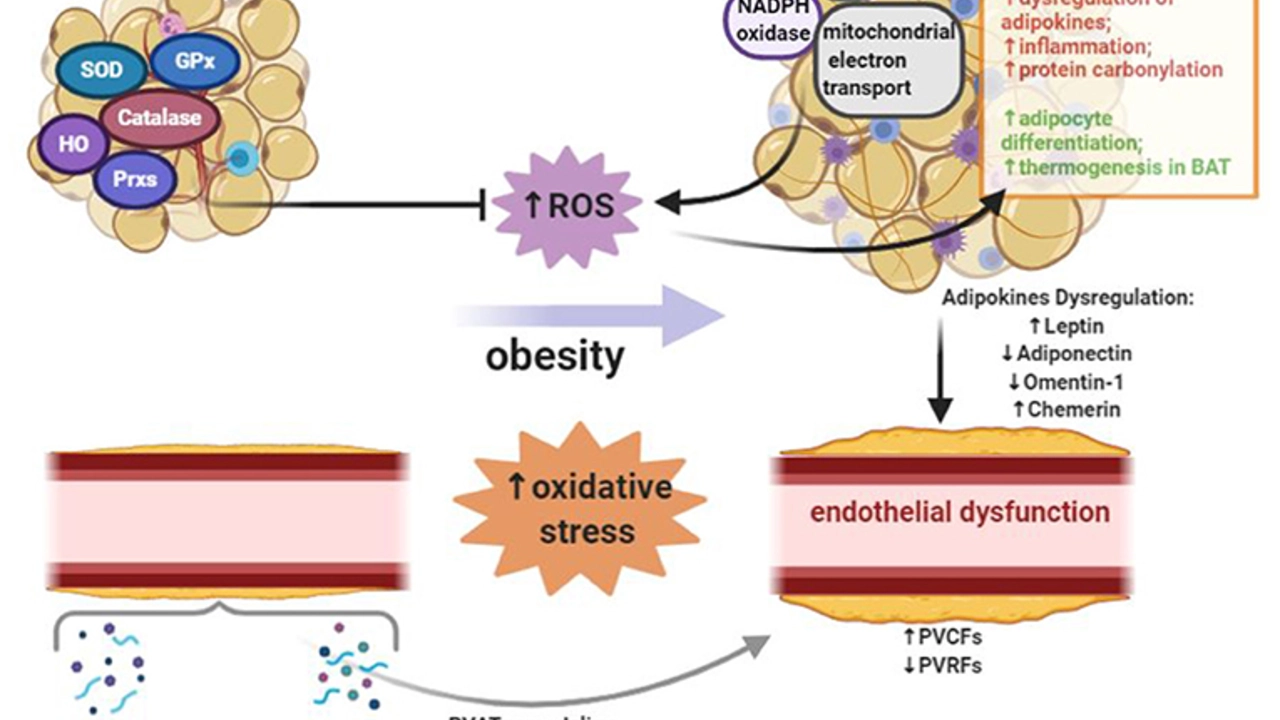
In my recent research on Graves' Disease, I discovered the crucial role that antioxidants play in managing this autoimmune disorder. As our body's defense mechanism against free radicals, antioxidants help reduce inflammation and oxidative stress, both of which contribute to the progression of Graves' Disease. By incorporating antioxidant-rich foods into our diet, such as fruits, vegetables, and whole grains, we can better support our immune system and overall health. Additionally, some studies suggest that antioxidant supplements may also be beneficial in managing symptoms. Overall, focusing on a diet rich in antioxidants could be a vital step in managing Graves' Disease and improving our quality of life.
Chris Gore Jun 18, 2023
